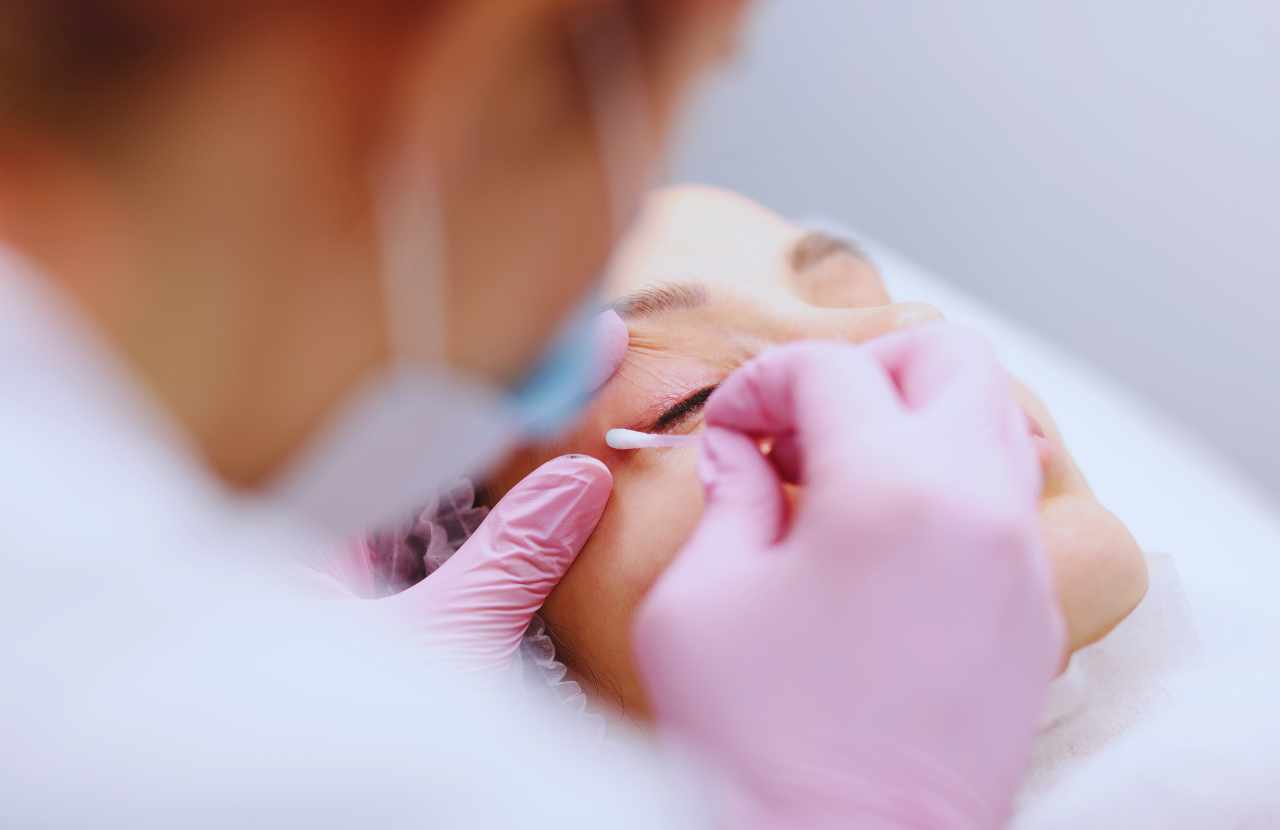While the question of “how to fail an eye test for eyelid surgery” is an uncommon one, it is important to note that intentionally failing an eye test could involve unethical actions such as pretending not to read the eye chart correctly, faking a lack of focus, or even exaggerating a squint. However, it’s crucial to understand that eye tests are designed to assess your eye health, and intentionally failing them could lead to incorrect surgery planning, potential harm, and undesired results. Misrepresenting your eye health is not advisable and can have legal repercussions. In this blog post, we will explore how to fail eye test for eyelid surgery, how to fail a peripheral vision test, how to fail eye test to get glasses?
How to Fail a Peripheral Vision Test?
While we strongly advise against intentionally failing a peripheral vision test, it is essential to know that the possibility exists. It’s important to remember that the purpose of these tests is to ensure your overall eye health by identifying potential issues that could impact your vision.
To fail a peripheral vision test, you would essentially have to not respond to the stimuli presented in your peripheral field of view during the test. Typically, this test involves focusing on a central point and signaling when you see light or movement in your periphery without moving your eyes from the central point. If you intentionally ignore these stimuli, it could result in a failed test.
Remember, though, that intentionally failing an eye test is unadvisable for numerous reasons. It can lead to inaccurate diagnoses, unnecessary treatment, or even ignoring a severe condition that could potentially threaten your sight. Furthermore, these actions may have legal and ethical repercussions, particularly if these tests are part of a professional medical or driving examination. It’s crucial to approach these tests honestly and responsibly, prioritizing your health and safety above all else.
How to Fail Eye Test For Eyelid Surgery?
Attempting to intentionally fail an eye test for eyelid surgery is not advisable. The purpose of the eye test is not to disqualify patients from surgery but to ensure the surgeon has a comprehensive understanding of your eye health. This information is crucial in planning a safe and effective procedure. Misrepresenting your eye health could lead to unforeseen complications during or after surgery.
Moreover, it’s important to understand that healthcare professionals are trained and experienced in conducting these tests. It would be difficult to fool them and could potentially lead to a breakdown in trust between the patient and the doctor. This trust is vital for effective communication and treatment planning.
Instead of trying to manipulate the results of your eye test, it’s recommended that you discuss any concerns you have about the surgery with your doctor. They can provide you with accurate information and reassurances or offer alternatives if the procedure is not suitable for you. Remember, the ultimate goal is your health, safety, and satisfaction.
How to Fail Eye Test to Get Glasses?
Attempting to deliberately fail an eye test to get glasses is not recommended. Eyeglasses are medical devices prescribed by a professional to correct a specific vision problem. Misrepresenting your vision to get glasses you don’t need could not only harm your eyes but might also result in headaches, dizziness, or even damage to your visual system due to improper focus.
If you feel you need glasses or are experiencing discomfort with your vision, it’s crucial to communicate this with your optometrist. Rather than trying to skew the test results, describe your symptoms in detail so they can perform the appropriate tests or evaluations.
There are measures that could potentially lead to failed vision tests, such as squinting during the test, trying to blur your vision, or intentionally answering incorrectly. However, it’s important to understand that professionals conducting these tests are trained to detect unusual behavior. This could lead to mistrust and negatively affect the doctor-patient relationship.
Final Words
In conclusion, the eye test before eyelid surgery is an essential step in assessing the patient’s eye health and minimizing the risks associated with the procedure. While intentionally failing the eye test is not recommended or ethically appropriate, it is important to have open and honest communication with your surgeon about any concerns or fears you may have. Your surgeon is there to guide you through the process and address any questions or uncertainties you may have. Remember, patient safety and well-being should always be the top priority in any surgical procedure.

